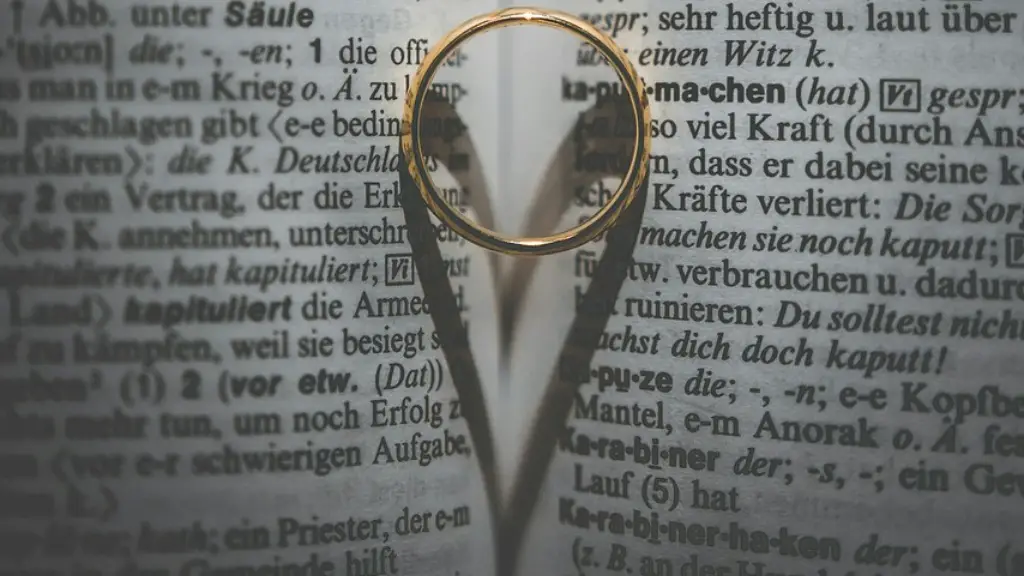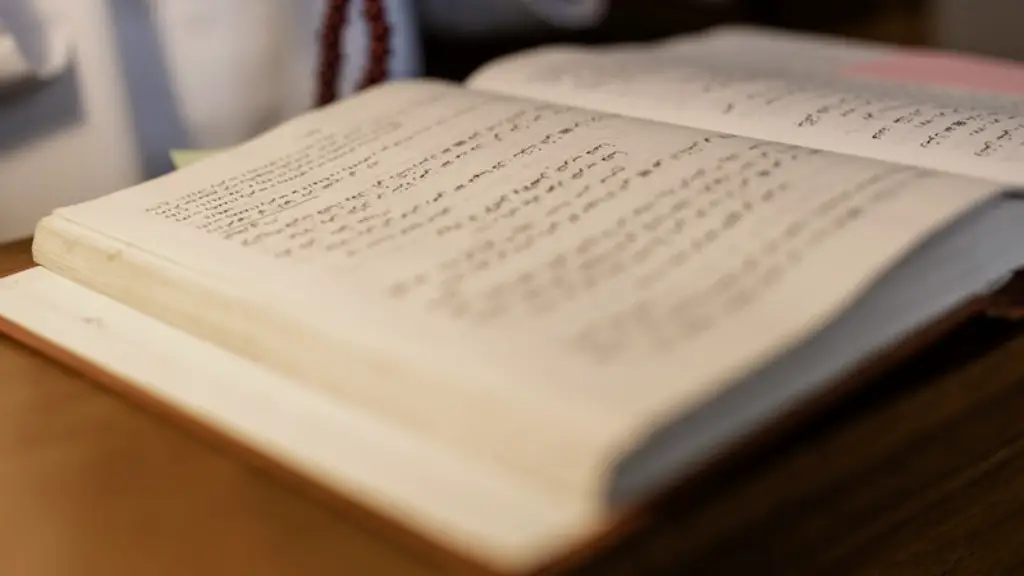Maya Angelou’s quote, “Do the best you can until you know better. Then, when you know better, do better” has been an inspiration for many. It serves as a really crucial reminder to examine our behaviors and make changes accordingly as we grow in our knowledge. This quote points to the power of self-reflection, the importance of learning from our mistakes, and making amends where needed. It is an empowering reminder that even if we make mistakes, we can always aim to do better one step at a time.
A key concept within Angelou’s quote is proactivity. To make informed decisions, one must be informed and this means actively seeking out knowledge and learning. We must do research, gain varied perspectives, and practice critical thinking. Making proactive decisions can help with making sure that our behavior is appropriate. This can be incredibly beneficial in helping guide decisions both personally and professionally.
A second concept within the quote is that of acknowledging our missteps and aiming to do better. Living an ethical life requires acknowledging our mistakes and making amends where needed. We must always seek to be accountable for our behavior and make it right when we can. With this, we must remember that grace for ourselves and forbearance for others is important.
In summary, Maya Angelou’s Do Better quote is a call to action to strive to make the best decisions we can, while also acknowledging our missteps and aiming to do better. By staying informed and actively seeking out knowledge, we can increase the likelihood of making informed decisions. Additionally, learning to be accountable for our behavior when mistakes arise can help foster healthy and ethical habits. All in all, Angelou’s quote encapsulates the idea of always learning, making mistakes along the way, and striving to do better as we grow.
The Importance of Making Proactive Decisions
In the words of Maya Angelou, “Do the best you can until you know better. Then, when you know better, do better”, proactivity is a key component to making informed decisions. We must actively seek knowledge in order to stay informed and current on any decision we are making. Proactivity can fuel our ability to be mindful and make decisions in alignment with our values. This can help with making sure our behavior is appropriate from a professional, ethical, and personal stand point.
Staying informed and proactive also means being willing to accept different perspectives. Part of the learning process is listening to, understanding, and considering different points of view. This can help in obtaining a better understanding of the nuances and complexities of any issue and therefore make better decisions. In addition, understanding our decision-making process and surrounding ourselves with people with different worldviews can help with expanding our thought process and make us more intuitive when it comes to decision-making.
Making proactive decisions also involves being mindful of our emotions. While decisions should be based on logic, being emotionally aware can help to guide decisions, as emotion is a driving force in decision-making. Monitoring our emotions and understanding their impact on our decision-making process can help us to understand our emotional reasoning and make better decisions accordingly.
In conclusion, Maya Angelou’s quote reminds us of the importance of proactivity when making decisions. Being informed, seeking different perspectives, and being aware of our emotions are examples of different steps one can take to ensure that we are making thought out and appropriate decisions in any situation.
Acknowledging Our Mistakes and Doing Better
Maya Angelou’s “Do the best you can until you know better. Then, when you know better, do better”, highlights the importance of acknowledging our missteps and making amends where needed. Living an ethical life means being accountable for our behavior, even when mistakes occur. By owning up to our mistakes, this helps to create trust, respect, and understanding between us and others.
Admitting mistakes is not only important in creating meaningful connections but also in recognizing our mistakes, learning from them, and growing as a person through them. Part of owning up to our mistakes is being willing to apologize. Apologizing responsibly helps to make sure that our mistakes have a more positive resolution and helps to repair any ruptured relationships.
Grace for ourselves and forbearance for others is also important when it comes to making amends for mistakes. We must remember that everybody makes mistakes and it is our job to learn from them rather than punish ourselves for them. Additionally, we must remember to extend the same grace towards others; in some instances, this may require us to care for people without holding them accountable for their behavior.
The main concept that Angelou’s quote brings to the forefront is acknowledging our missteps and aiming to do better. Doing our best to make amends with others and extending grace is a powerful reminder to limit our judgement. Ultimately, owning up to our mistakes and proactively trying to make things right is a step towards living an ethical life.
Creating Healthy Habits through Self-Reflection
When considering Angelou’s quote, “Do the best you can until you know better. Then, when you know better, do better”, self-reflection plays a vital role in making ethical decisions. To facilitate self-reflection, we must be willing to take a step back and examine our behaviors and habits. This could involve asking ourselves questions that are designed to help identify our values and intentions when it comes to our actions. Additionally, looking at patterns and behaviors can be incredibly helpful in understanding how these behaviors contribute to our growth.
Self-reflection also provides insight into what we can do to improve our behavior. We can take the time to identify our needs and the steps to meet these needs. By actively identifying what is and what is not necessary, this can help with making sure that our behavior is appropriate.
Furthermore, being mindful of our emotions is a key aspect of self-reflection. It is important to recognize the emotions and thought patterns that might be driving our actions, as acting on solely emotion can lead to impulsive and potentially problematic behavior if left unchecked. Therefore, it is important to be aware of our emotions when it comes to decision-making and be mindful in how we make choices.
In summary, self-reflection is an important aspect of Maya Angelou’s “Do the best you can until you know better. Then, when you know better, do better” quote. It helps us to examine our behavior and ensure that our decisions and actions are appropriate. Through self-reflection, we can become more mindful of our emotions and identify how these emotions impact our decision-making process. Ultimately, self-reflection can help us grow and create healthy habits that lead to acting ethically.
Recognizing Opportunities to Learn and Grow
Maya Angelou’s quote, “Do the best you can until you know better. Then, when you know better, do better”, encourages us to recognize opportunities to learn and grow. Being open to learning is an important characteristic when it comes to obtaining new knowledge and growing as individuals. We must be willing to take the time to learn, develop, and evolve as individuals and strive for continuous improvement.
Recognizing opportunities to learn also involves staying up to date. This could include taking classes and seeking out mentors. Being open to different approaches and picking up tips from others can help expand our repertoire of knowledge and skills. Additionally, familiarizing ourselves with new technologies and ideas can help with staying up to date with any industry.
Fostering creativity is also a powerful tool to help learn and grow. Creativity can feed our ability to innovate, experiment, and explore different solutions. Having an ongoing project that involves creativity can help us gain insights, explore new perspectives, and learn more about ourselves and our passions. All in all, creativity can be an incredible asset when it comes to understanding and learning more about the world.
In conclusion, Maya Angelou’s quote is a reminder to recognize opportunities to learn and grow. Whether it’s staying up to date, seeking out mentors, or playing with creativity, learning and growth is an important part of our personal and professional development, and helps us in becoming better and more informed individuals.
Practicing Critical Thinking as a Means of Self-Improvement
Maya Angelou’s Do Better quote is a call to action to practice and exercise critical thinking. Critical thinking involves analyzing information, evaluating evidence and ideas, and reflecting on our own thought processes and beliefs. It implores us to question what we think we know, evaluate our thought processes, and explore ways in which we can make more informed decisions.
Obtaining information from different sources and understanding the various contexts behind certain situations is also important in critical thinking. It is important to be aware of bias and stay mindful of any assumed knowledge when it comes to decision-making. This helps to make sure that we have a balanced understanding of any particular situation before forming a judgement.
In addition to checking the validity of certain information, assessing the reliability of facts and sources is important in critical thinking. Making sure that any information obtained is factual helps to ensure that any action taken is justifiable and practical. Lastly, being aware of any logical fallacies also ensures that any decisions or opinions made are not based on faulty assumptions or cognitive dissonance.
In summary, Maya Angelou’s Do Better quote encourages us to critically think through any decision. We must make sure that any decisions are well informed and based on fact. Such an approach ensures that our decisions make sense to us and those that they affect. Consequently, this can allow us to make decisions empowered with our newfound knowledge, and ultimately, Do Better.





